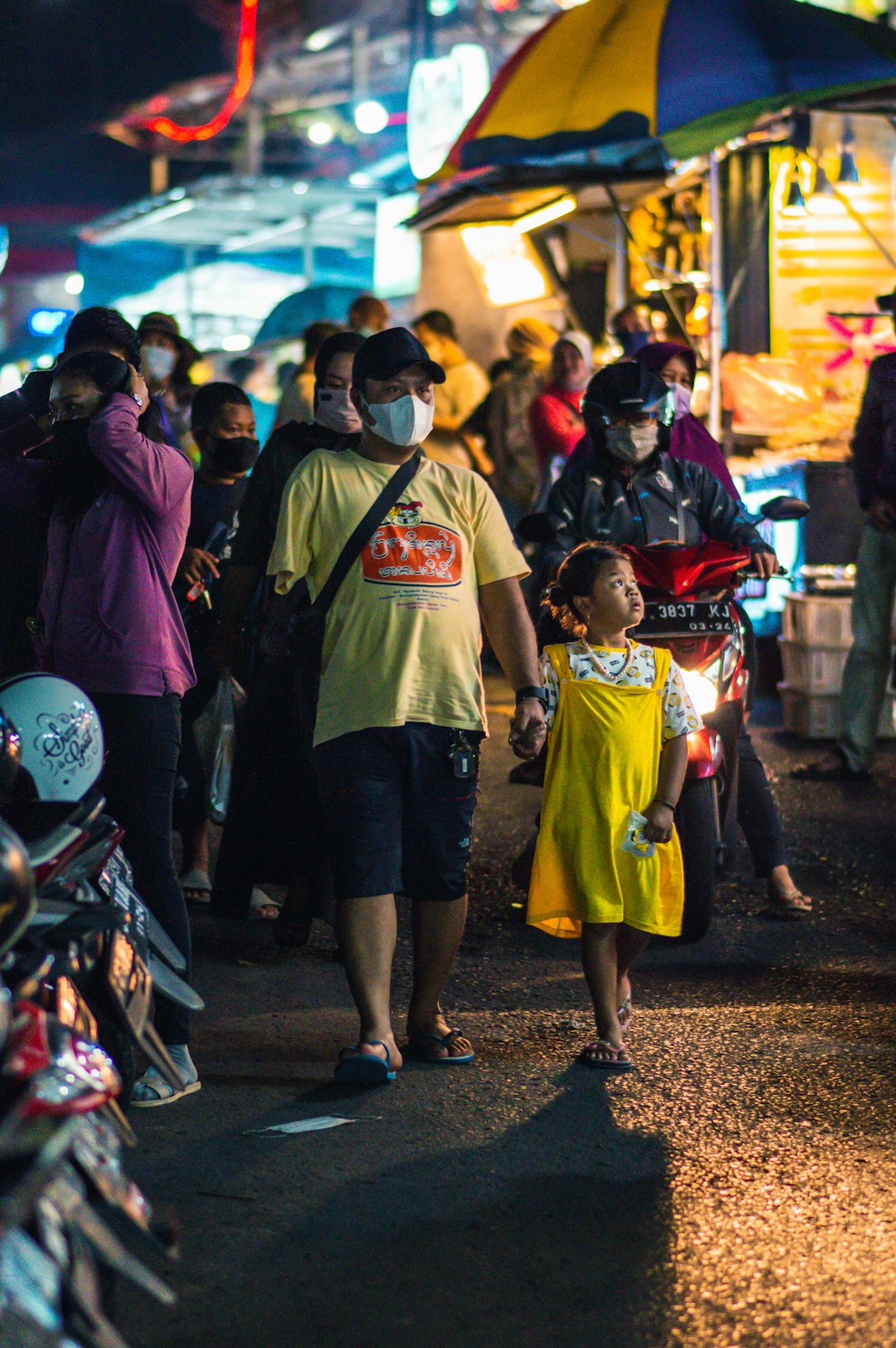Border Closures in Southeast Asia: Ordinary Lives, Extraordinary Consequences
When governments close borders, the ripple effects often hit the most vulnerable hardest. The recent closure of the Cambodia-Thailand border offers a timely case study of this dynamic, pushing thousands of ordinary Cambodians into uncertainty and, in some cases, precarity.
The Human Toll of Geopolitics
The closure—prompted by political, economic, or health concerns—disrupts intricate networks of daily life. For most, the border is not an abstract line. It is a lifeline for families, workers, and traders whose livelihoods depend on porous boundaries. As Bishop Enrique Figaredo, Apostolic Prefect of Battambang, urgently highlighted, "The crisis affects ordinary people above all."
Core Dilemmas at Stake
| Issue | Impact on Ordinary People | Wider Implications |
|---|---|---|
| Employment | Many Cambodians work in Thailand and now face sudden job loss | Increased poverty, remittances disrupted |
| Family Separation | Border closures keep families apart | Emotional stress, loss of support systems |
| Informal Trade | Small-scale cross-border traders see income vanish | Local economies suffer, black markets may rise |
| Humanitarian Access | Aid flows interrupted | Access to food, medicine jeopardized |
Who Is Hurt the Most?
- Migrant workers cross for stable wages; now, many are stranded or forced home, sometimes with no savings.
- Local traders face mountains of unsold goods and minimal alternatives.
- Children and elderly—often dependent on family remittances—lose crucial support.
- Border communities, historically resilient but resource-scarce, are plunged into deeper hardship.
Why Borders Matter More Than Maps
For years, the Cambodia-Thailand border has symbolized opportunity, not division. According to UN reports, up to 1.2 million Cambodians have worked in Thailand at any given time. When policy shifts, each restriction on movement can trigger a humanitarian crisis, far removed from the political halls the decisions are made in.
The Bigger Picture: Rising Border Controls in Asia
Border closures are not unique to Cambodia and Thailand. Across Asia, more gates are closing—sometimes for health reasons, other times for economic leverage or political bargaining. Each time, the calculus rarely values the human cost above security narratives or diplomatic gains.
A different approach is needed. Transparent communication between governments, better regional safety nets, and humanitarian exemptions for the most vulnerable can blunt the social cost of such closures.
"Borders should not only be seen as lines of defense but as bridges of cooperation, especially for those whose lives depend on crossing them."
This article was inspired by the headline: 'ASIA/CAMBODIA - Apostolic Prefect of Battambang on the closure of the border with Thailand: "The crisis affects ordinary people above all" - Agenzia Fides'.

Comments
No comments yet. Be the first to comment!